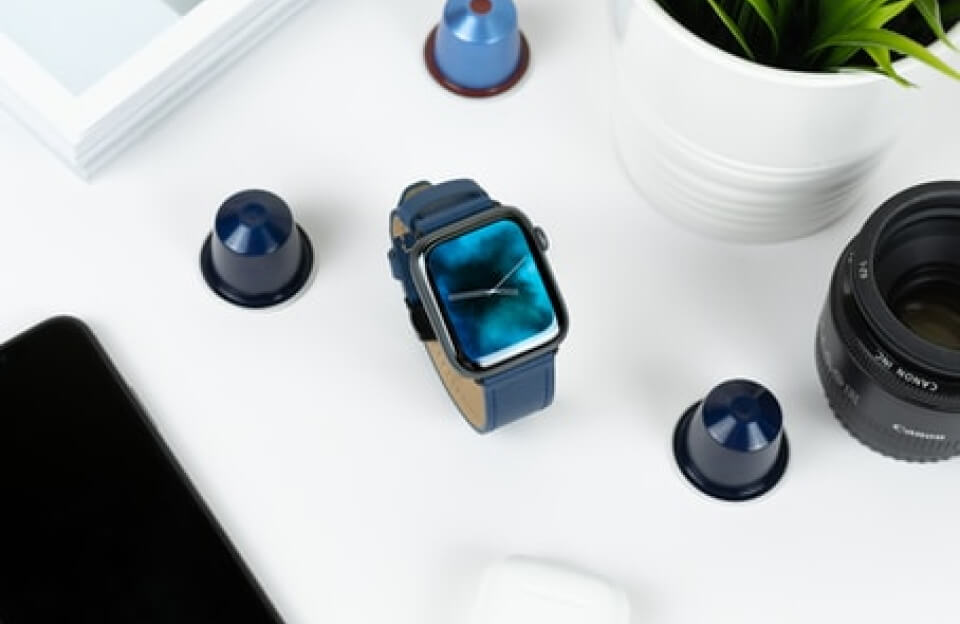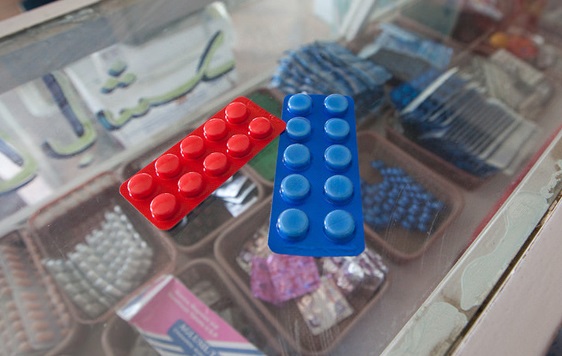For most of us, it’s hard to imagine one day of living without our phones. They are our wake-up alarms in the morning, if we need to be kept entertained in a boring meeting, and somehow, they can be used to settle us down at night. However, the same device that makes your life so convenient can also lead to some problems if we are not careful. There’s the question of radiation, but frankly, it’s not just that: Our eyes, our sleep, and our posture can all lead to negative health outcomes based on how we use our phones.
There are some very simple and practical things you can do to reduce the harm.
Don’t Attach the Phone to Your Ear
If you are someone who enjoys talking with friends or taking work phone calls for several hours, avoid keeping the phone glued to your ear; this puts a more direct connection to the radiation from the phone to your head. Use the earphones or, even better, use speaker mode; although it might sound silly, wired earphones are better than keeping the phone right next to your brain.
Give your eyes and neck a rest
Scrolling for too long doesn’t only waste time, but it also dries your eyes out and stiffens your neck. The goal is straightforward—look away from your screen here and there. Even looking at a window for 20 seconds will help. And sit up straight! “Text neck” is real.
Avoid calling when the Signal is Low
Have you ever noticed that your phone gets unusually hot when it can’t find a signal? That’s because the phone is burning more energy trying to find the signal, meaning more radiation. If you are in an area with limited signal, wait a little bit to use your phone or text instead of making a 20-minute call.
Text more, talk less
No, I’m not suggesting you become anti-social. But this is a good option as when you send a text instead of speaking for 20 minutes, your head isn’t obnoxiously absorbing radiation. Let me know if I should call you when I have a good signal.
Avoid Letting Kids Have Excessive Phone Time
Kids can sometimes like phones even more than toys. However, kids are shorter humans, so they get more radiation than adults in a shorter amount of time, in part due to their smaller developing bodies. Additionally, prolonged screen time disrupts sleep and the ability to pay attention. You should definitely set limits—no phones at the dining room table, for instance, or no phones before bed. They will surely protest. But, as parents, we need to think about what is best for our kids, not just let them do whatever they like.
Put Some Space Between Yourself and Phone Time
Here’s my least favorite tip, but probably the best recommendation: purposefully keep the phone away for a while. Try not bringing it into the dining room while you eat. Alternatively, you can deliberately set more time apart from the phone, such as two hours before bed. You might be surprised at how fresh this will feel after you cope with your first impulse to check every single notification.
In Conclusion
You don’t have to delete your phone, or go back to the 90s. You just need to be smarter with your phone habits. Keep the phone away from your head, don’t go to sleep with it, take breaks for your eyes, and most importantly, don’t let your phone dictate every minute of your life day. Your health will say thank you later.






